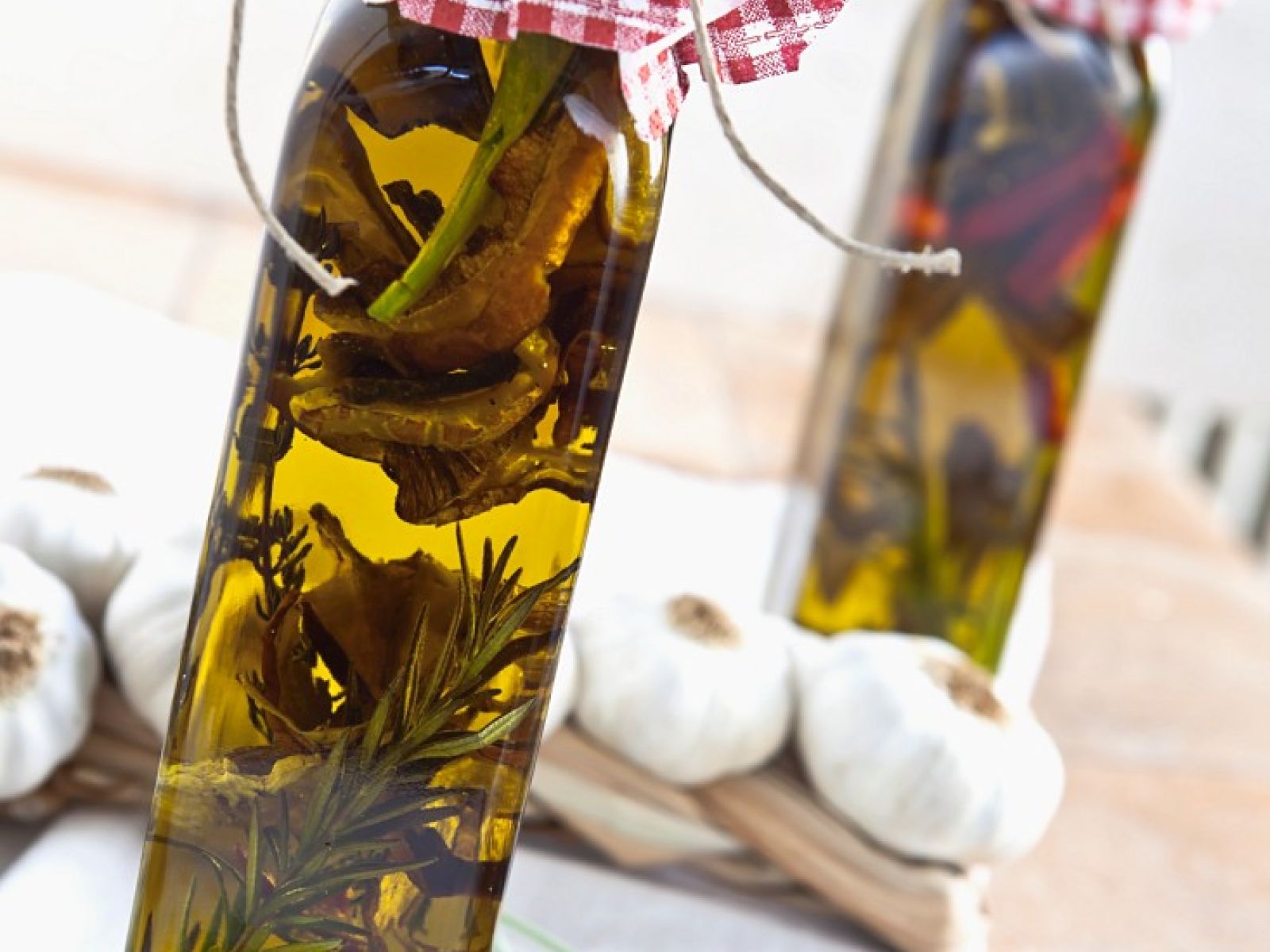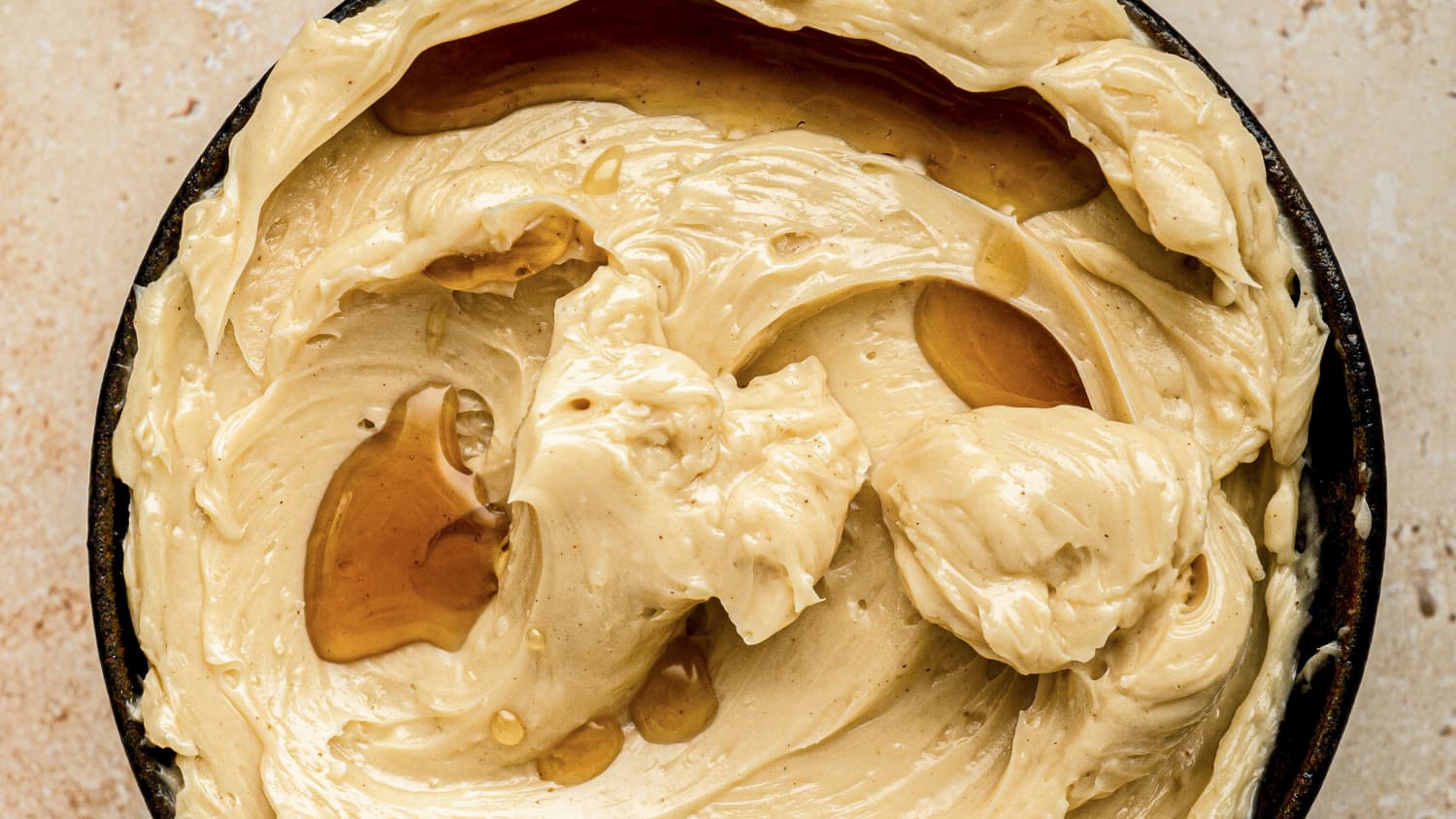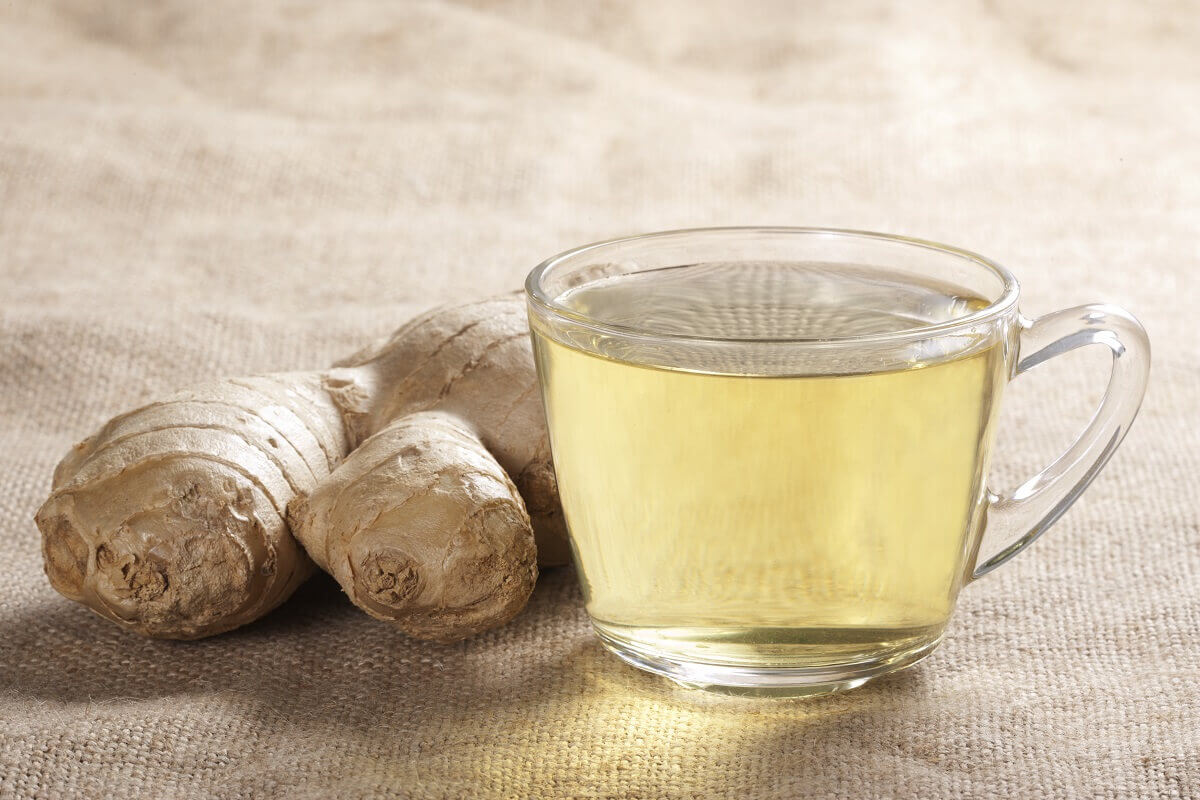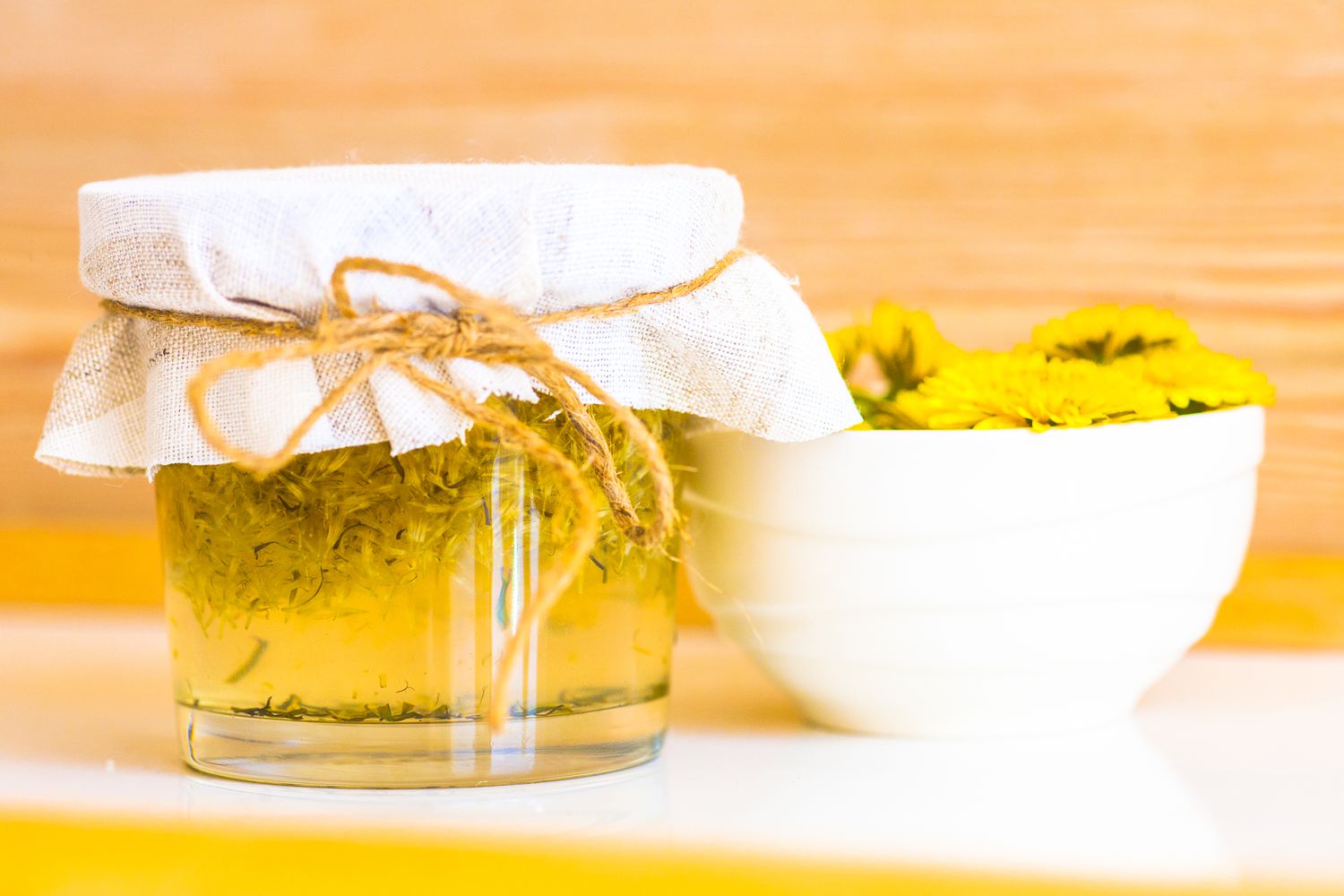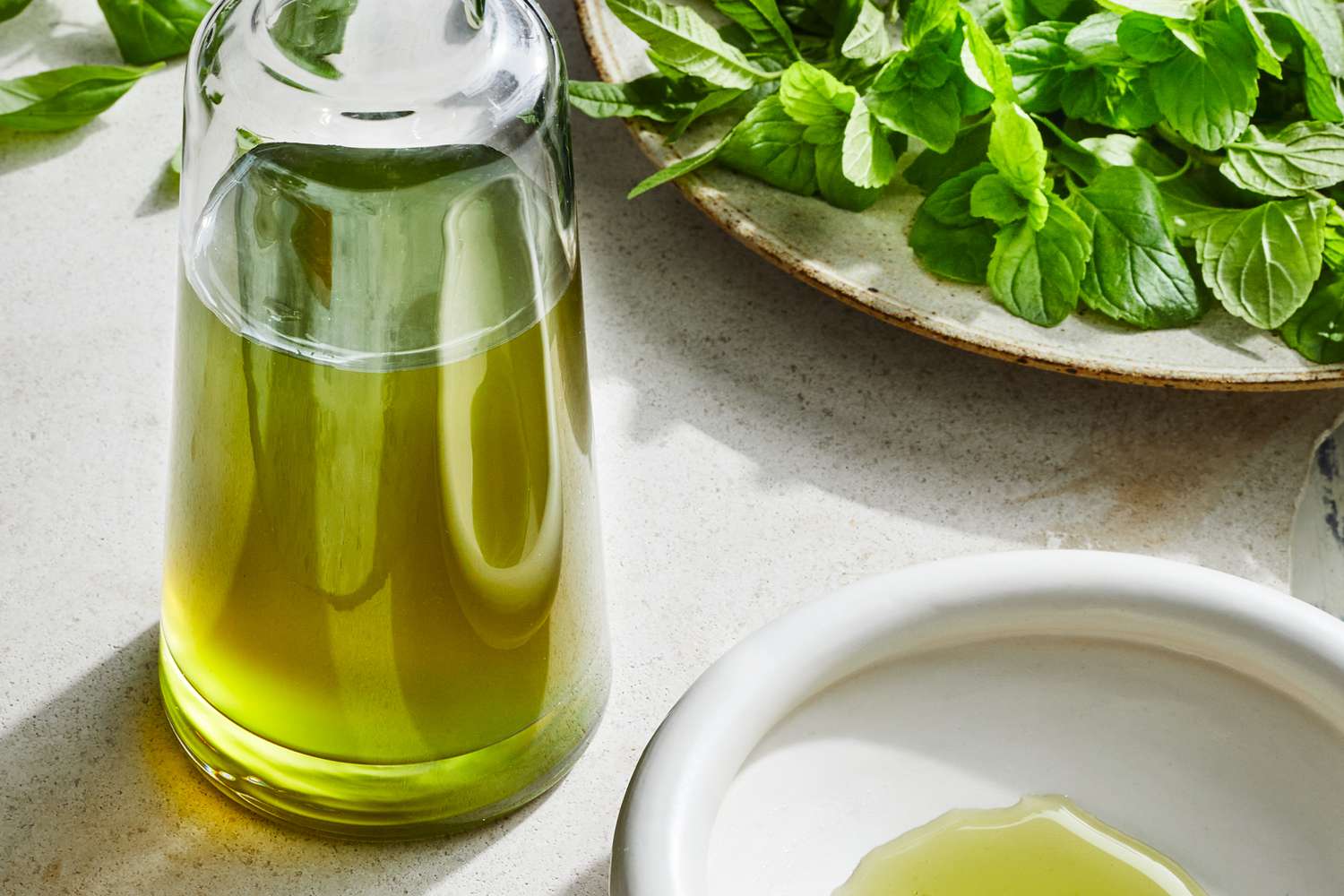Infusing Rosemary in Olive Oil: A Flavorful and Versatile Kitchen Staple
Welcome to the world of culinary creativity! Infusing rosemary in olive oil is a simple yet impactful way to elevate your dishes with a burst of fresh herbal flavor. Whether you’re a novice cook or a seasoned chef, this technique is a must-have in your culinary repertoire. In this guide, we’ll walk you through the step-by-step process of infusing rosemary in olive oil, and explore the myriad ways you can use this aromatic infusion to enhance your cooking.
Why Infuse Rosemary in Olive Oil?
Before we delve into the process, let’s talk about why infusing rosemary in olive oil is such a game-changer in the kitchen. Here are a few reasons to consider:
- Flavor Enhancement: Rosemary adds a delightful earthy and piney flavor to olive oil, creating a versatile and aromatic base for a wide range of dishes.
- Culinary Versatility: Infused rosemary olive oil can be used in salad dressings, marinades, roasted vegetables, grilled meats, and even as a dipping oil for crusty bread.
- Prolonged Freshness: By infusing rosemary in olive oil, you can extend the shelf life of the herb and enjoy its flavor long after the fresh sprigs have been picked.
Step-by-Step Guide to Infusing Rosemary in Olive Oil
Now, let’s get down to the nitty-gritty of infusing rosemary in olive oil. Follow these simple steps to create your own aromatic infusion:
- Choose Quality Ingredients: Start with fresh rosemary sprigs and high-quality extra virgin olive oil. The fresher the rosemary, the more vibrant the flavor of the infusion.
- Prepare the Rosemary: Wash and thoroughly dry the rosemary sprigs to remove any dirt or debris. Bruise the sprigs gently with a mortar and pestle to release the essential oils.
- Combine Rosemary and Olive Oil: Place the prepared rosemary sprigs in a clean, dry glass bottle or jar. Pour the olive oil over the rosemary, ensuring that the sprigs are fully submerged in the oil.
- Infusion Time: Seal the bottle or jar and let the rosemary infuse in the olive oil for at least 1-2 weeks at room temperature, away from direct sunlight. The longer the infusion, the more intense the flavor.
- Strain and Store: Once the desired flavor is achieved, strain the infused oil through a fine-mesh sieve or cheesecloth to remove the rosemary sprigs. Transfer the infused oil to a clean, airtight container and store it in a cool, dark place.
Ways to Use Infused Rosemary Olive Oil
Now that you have a bottle of fragrant rosemary-infused olive oil at your disposal, it’s time to explore the myriad ways you can incorporate it into your cooking. Here are some inspiring ideas to get you started:
- Drizzle Over Roasted Vegetables: Add a drizzle of infused rosemary olive oil to roasted potatoes, carrots, or cauliflower for an extra burst of flavor.
- Marinades and Dressings: Use the infused oil as a key ingredient in marinades for chicken, fish, or tofu, or whisk it into vinaigrettes for salads.
- Grilled Meats and Seafood: Brush the infused oil onto steaks, chops, or seafood before grilling to impart a subtle herbal essence.
- Dipping Oil: Serve the infused oil alongside a crusty baguette as a flavorful dipping oil for a rustic appetizer.
- Flavoring Pasta and Risotto: Drizzle the infused oil over cooked pasta or risotto just before serving to enhance the dish with a hint of rosemary.
Final Thoughts
Infusing rosemary in olive oil is a simple yet impactful way to elevate your culinary creations. Whether you’re looking to add depth to your savory dishes or create a unique homemade gift, this versatile infusion is sure to become a staple in your kitchen. Experiment with different herbs and spices to create your own signature infused oils, and let your creativity shine in the kitchen!
So, why not give it a try? Infusing rosemary in olive oil is a delightful culinary adventure that will add a touch of gourmet flair to your everyday cooking.
Was this page helpful?
Read Next: How To Infuse Vodka Spice Quickly
